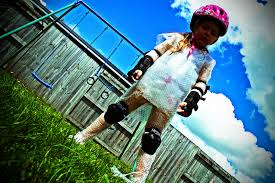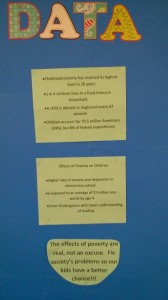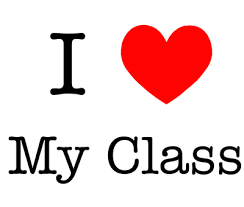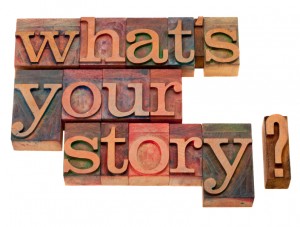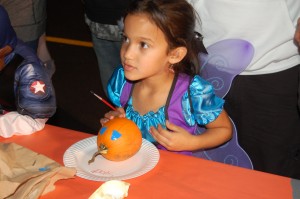
source: www.dcsdk12.org
There is a power in being connected. I think each and every educator should be on social media learning and sharing. We need to hear everyone’s voice. Then there is reality.
Talk to any educator and ask them how they are balancing the increasing demands of teacher evaluation, student growth objectives, transition to the common core, discipline, poverty, assessment, data, and the list goes on and on…. I’ve been asked, “So now you want me to get on twitter?” Hmmm, really good question. Sure, I want you to, but I would never mandate it… You have to want it!
Here are some things that I will say about the laundry list of initiatives that are legitimate concerns (There are only so many hours in a day)…. Ask yourself these questions about your current list of initiatives in your classrooms, school, or district:
- Are these initiatives making learning better?
- Are these initiatives making students more engaged? Better prepared for the 21st Century?
- Are these initiatives making you better?
Well, if they are … great! If not, I would highly recommend that you see what everyone else is learning in the connected world….
Check out this presentation I did today to help educators learn more about becoming connected

